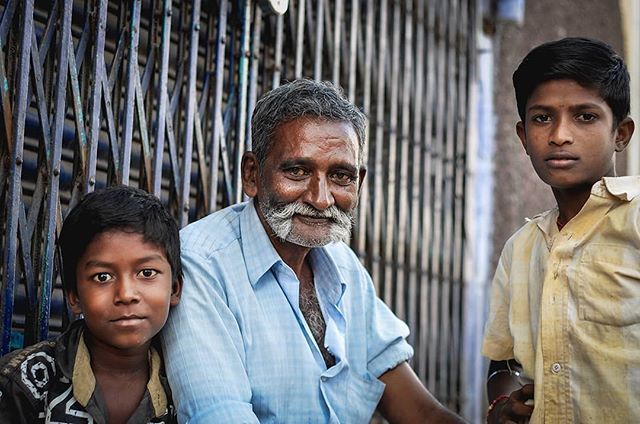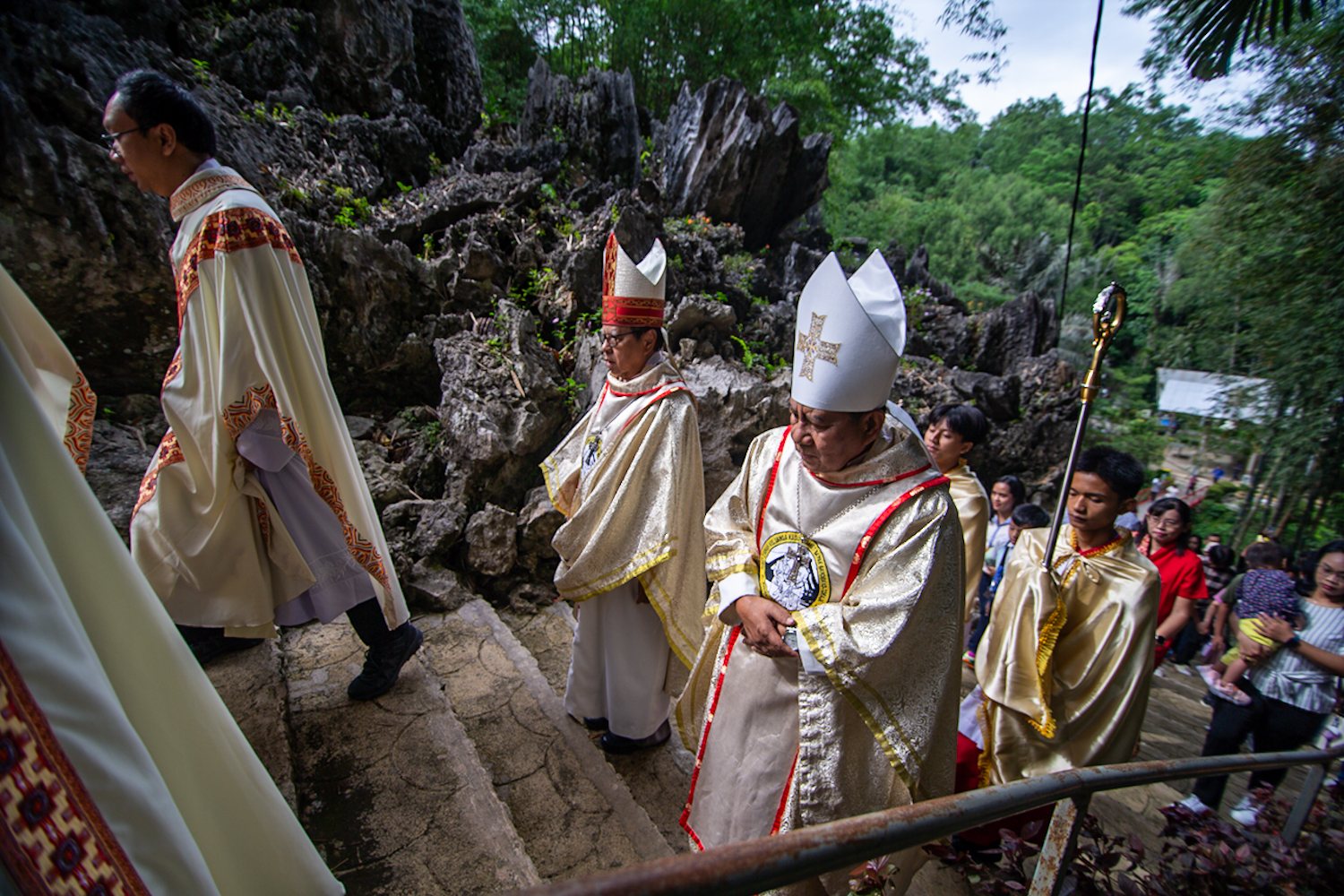Joaquim Magalhães de Castro
The difficulties were not confined, however, to the territory where João evangelized – on the Malabar coast. His Provincial, Father Gaspar Afonso Alvares (1680-1684) was not satisfied with his activity. If the Hindus were concerned with the spread of Christianity, the latter was concerned with the style of the mission of João de Brito, the most radical of the pandara-swamis; Gaspar Afonso didn’t see with good eyes Brito’s relations with low-caste people, and above all, he was worried about the absence of pro-Portuguese propaganda in his speech. As had happened with Nobili, Brito was also forced to leave the mission in order to justify his methods before the hierarchical superior, which happened in 1682.
The Provincial tried to retain him, appointing him rector of the College of Ambalacata, but, faithful to his vocation, João de Brito got through this difficult moment and after six months he was back in Madurai. In one of his writings from that year, Brito clearly refers to the enormous difficulties he faced daily: “Such is my relation for the year 1682. It all boils down to this: we have no human support to lean on, kings and princes oppose us, the powerful and learned ones do their best to expel us; and even so, thanks to a special protection of God Our Lord, who keeps us on this earth, we managed to spread His Holy Religion.”
At this time, his activity met with more and more problems. The increase of political anarchy in the region was not unrelated.
In September 1683, his arrest by the governor of Tanjore was imminent. Brito did not run away, lest his weakness be a cause of disdain for people with his religion, but he was not arrested and at Christmas, in this region, he baptized 1,003 people.
In 1684 the situation became more difficult. First, he himself was arrested with a group of catechists in the village of Perunkundi, where they had just converted a few dozen inhabitants. They were beaten and threatened with death, but were eventually released.
Shortly in another village, a young man of upper caste who converted was arrested later because he refused to leave Christianity; he was even sentenced to death, but the sentence was not confirmed by the governor of the province and the young man was released from jail.
These two successful cases aroused great enthusiasm among the Christians, who went on to defy Hindu customs, which had as an almost immediate consequence their persecution throughout the kingdom of Tanjor. But still this time the Christians were released and allowed to maintain their cult.


 Follow
Follow


